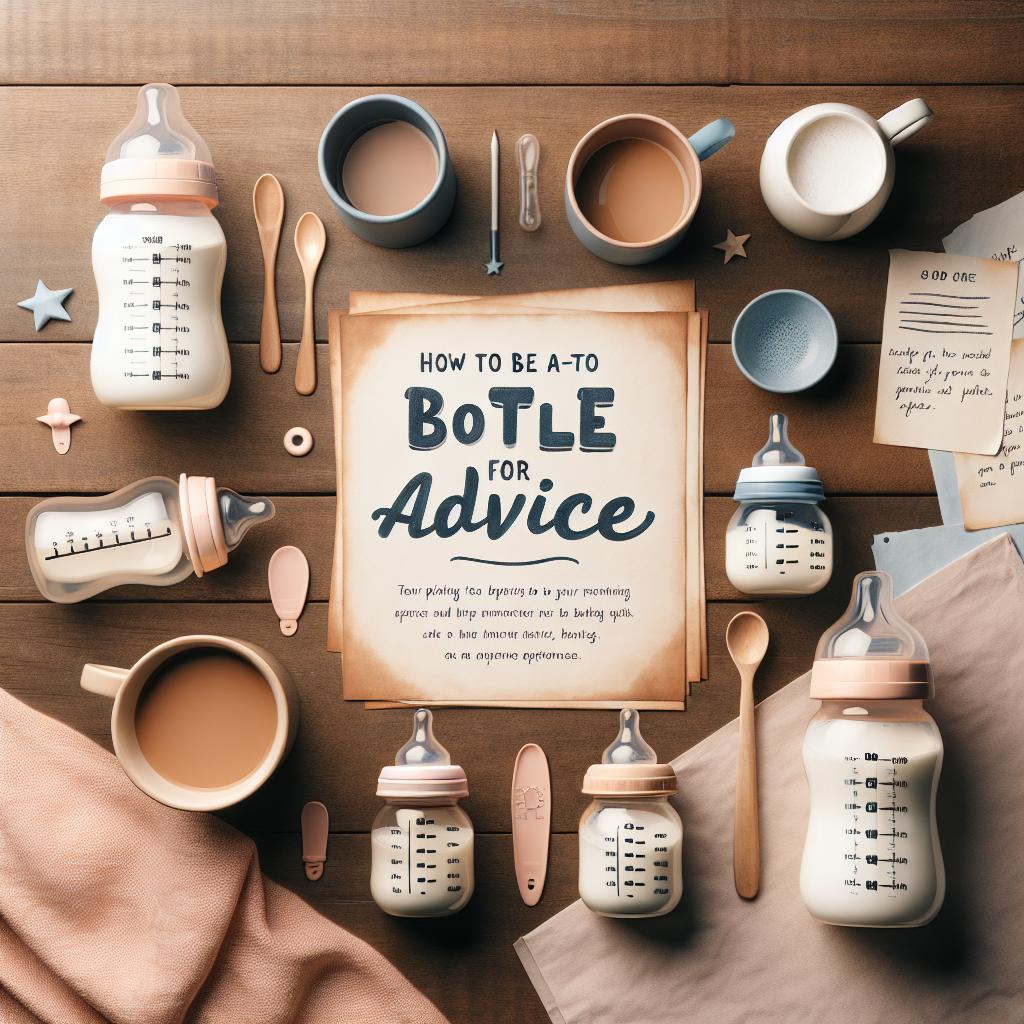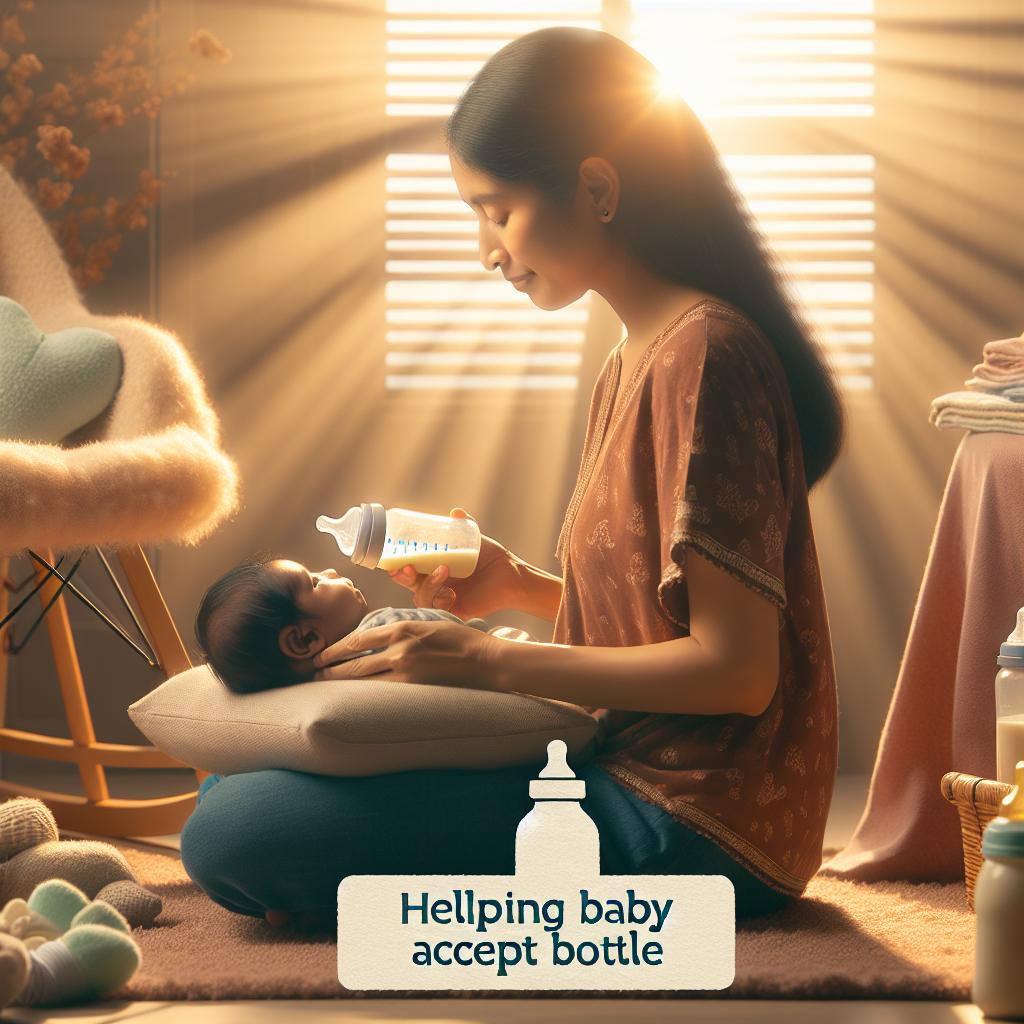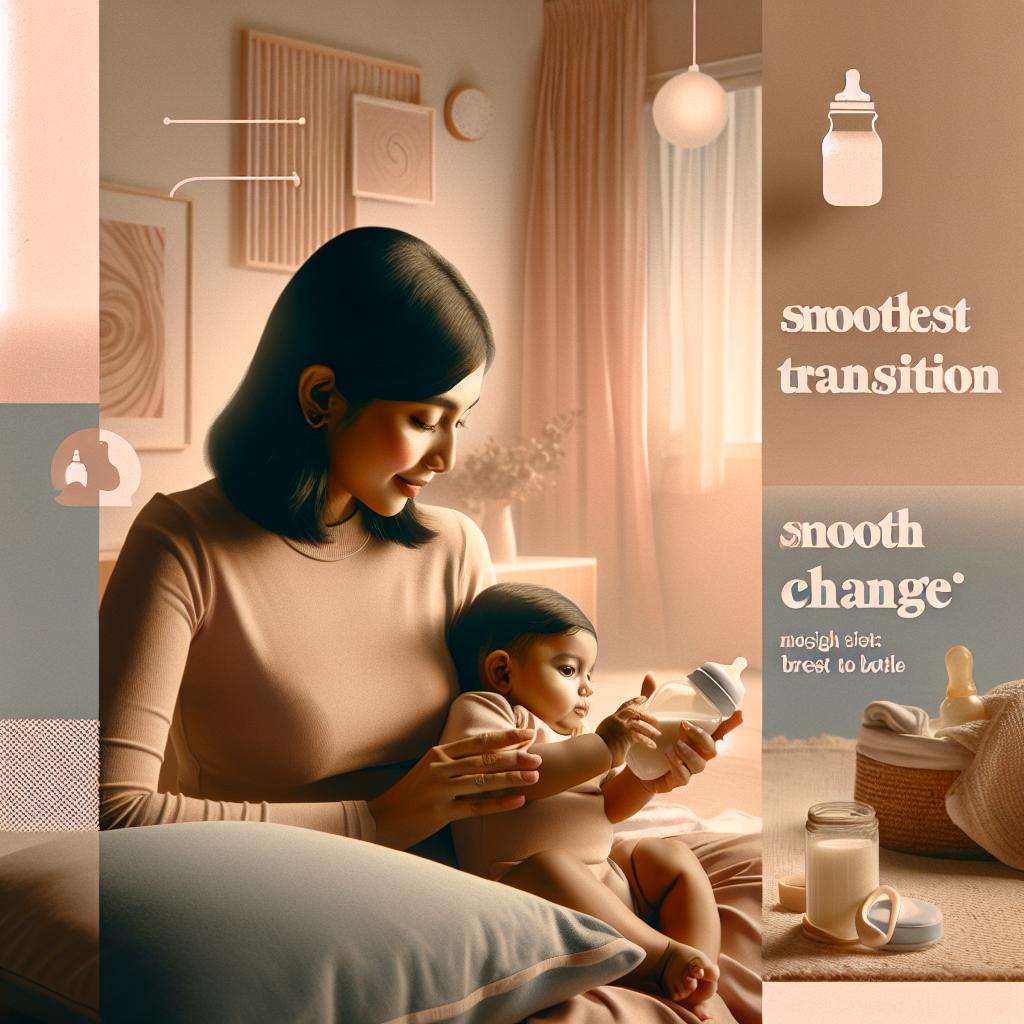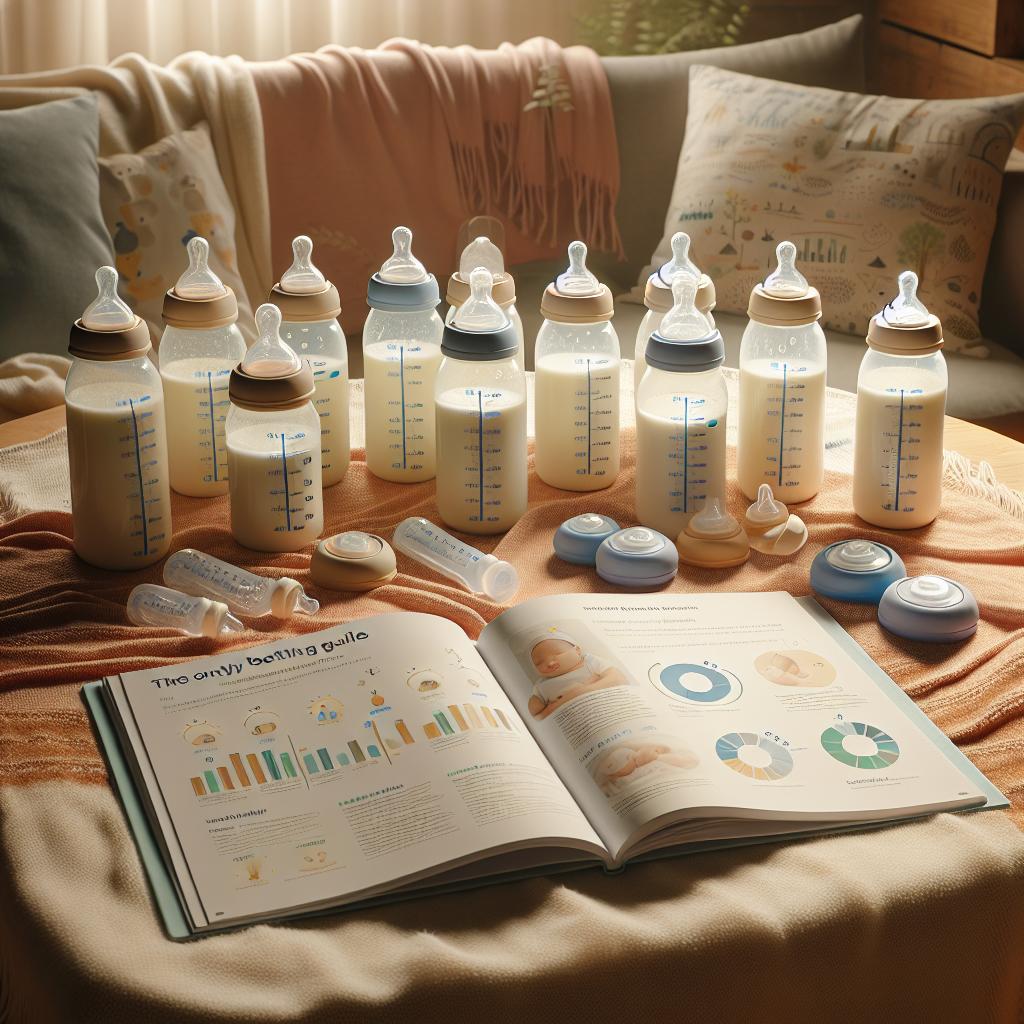Mastering the Art of Bottle Selection
As a new parent, choosing the best baby bottles can be overwhelming. But with the right knowledge and guidance, you can become the go-to parent for bottle advice among your social circles. The key lies in understanding the different types of bottles, their features, and the baby’s comfort.
Understanding What’s Best for Your Baby
While some babies easily adapt to any bottle, others may be pickier. Here are some factors to consider when selecting a bottle:
- The nipple’s size and flow: Newborns usually prefer a slow flow, while older babies may need a faster one. Always opt for bottles with adjustable flow rates.
- The bottle’s shape: Some babies prefer angled bottles that help keep the air out, while others prefer straight ones.
- The material: Glass bottles last longer and are easier to clean, while plastic bottles are lighter and more durable. Consider your lifestyle and the baby’s comfort when choosing.
The ‘Ensuring Baby’s Safety: The Best Bottles for Secure Feeding‘ guide on Bottle Wizard provides an in-depth look into these aspects.
Being Aware of Common Bottle-Feeding Issues
Some babies may refuse the bottle, especially between 3-5 months of age. Berkeley Parents Network provides useful advice on tackling this issue. Being aware of these potential challenges can help you guide other parents who might be struggling.
Picking Bottles that Grow with Your Baby
As your baby grows, their feeding needs change. Transitioning from bottles to sippy cups can be a significant milestone. The ‘Why These Bottles Are a Must-Have for New Moms‘ article provides insight into versatile bottles that can grow with your baby.
Offering Advice Beyond Bottles
Being the go-to parent for bottles isn’t just about the equipment. It’s also about understanding feeding routines, recognizing signs of adequate nutrition, and offering advice on weaning. For example, the ‘When and How to Eliminate the Bedtime Bottle‘ article provides great insights on phasing out the night-time bottle.
Becoming the Go-To Parent in Your Social Circles
Having in-depth knowledge about bottles can help you become a trusted resource for your friends and family. In addition, offering advice on other aspects of parenting, such as sleep training or potty training, can also boost your status as the go-to parent. The more you learn and share, the more you contribute to your community’s happiness and well-being.
The Bottle Wizard blog ‘The Bottles You Need for a Stress-Free Feeding Experience‘ also provides useful tips that can help you become the go-to parent for bottle advice.
Acknowledging that Every Baby is Unique
It’s crucial to remember that each baby is different and what works for one may not work for another. While some babies might transition easily between different types and brands of bottles, others might show a preference for one over the other. This doesn’t necessarily mean one bottle is of higher quality or better than another, it simply highlights the baby’s personal preference. This variety emphasizes the importance of trying out different bottles and closely observing your baby’s reactions and comfort level.
Considering Health Aspects
Potential health concerns are also significant when selecting a bottle. Always look for bottles that are free from harmful substances such as Bisphenol A (BPA), Polyvinyl chloride (PVC), and Phthalate. Refer to guidelines and recommendations by the American Pregnancy Association regarding the safe and secure feeding of your baby.
Recognizing the Importance of Cleaning and Sterilization
Regardless of the type of bottle you choose, excellent hygiene is a must. This means thorough, regular cleaning and sterilizing. Keep in mind that different types of bottles may require different care. For instance, some are dishwasher safe, while others should be hand washed. When consulting with other parents, be sure to share insights on bottle hygiene along with your preferred brands and types.
Understanding the Transition from Breastmilk to Formula
Another important consideration when discussing bottles is the transition from breastfeeding to formula feeding. Some babies make the switch effortlessly, whilst others might resist initially. Some excellent threads on this subject can be found on Reddit, full of shared experiences and advice from parents going through exactly the same situation.
Clearing Misconceptions about Bottle Feeding
As an informed parent, you can help dispel myths and misconceptions about bottle feeding. For instance, the common, yet misguided, advice of adding rice cereal to an infant’s bottle to help them sleep better. Sharing scientifically-backed, reliable information can help other parents make informed decisions.
Addressing Bottle-Feeding Problems
Issues with bottle refusal, colic, or gastroesophageal reflux can cause anxiety amongst new parents. Utilizing resources like What To Expect, you can share tips and advice to help reduce their fears and tackle these issues effectively.
Keeping Tact, Sensitivity, and Empathy at the Forefront
Lastly, when offering advice, remember to be tactful, sensitive, and empathetic. Parenting can be a sensitive subject, and every parent wants to make the best decisions for their child. Therefore, suggestions should be given kindly, without judgement or criticism.







